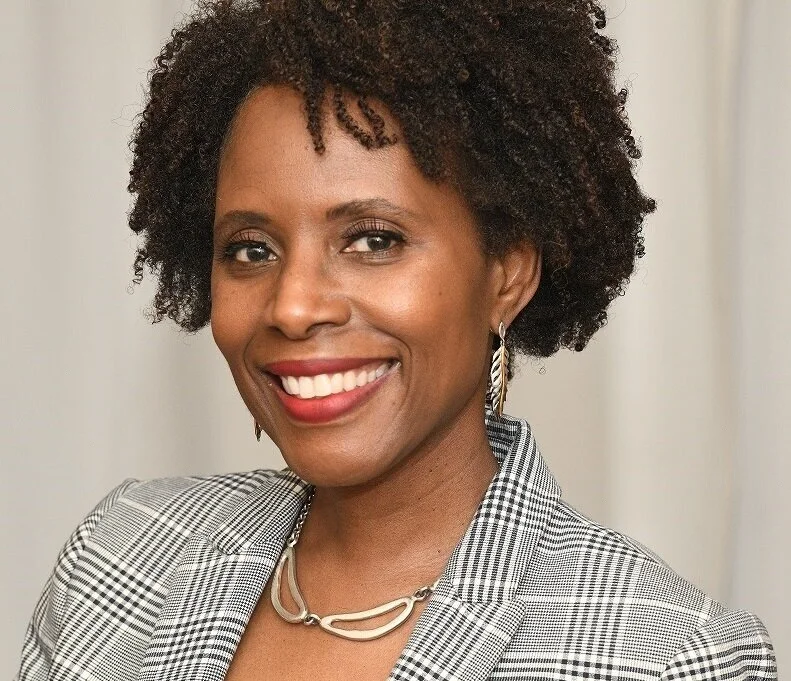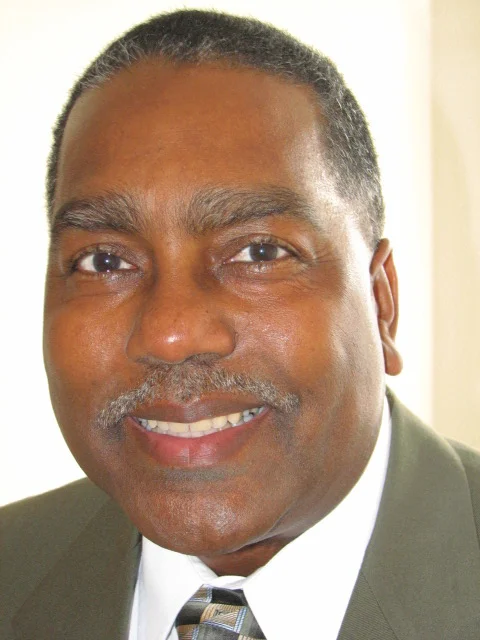Convicted drug offender among Ryerson University Law School first cohort
August 4, 2020
Back in Canada for eight years after consenting to voluntary leave the United States, convicted felon Ish Aderonmu checked his law school application status last January after a middle-of-the-night washroom visit.
‘Congratulations! You have been admitted to Ryerson University Faculty of Law,’ it read.
That was the best news he had received in a decade since his arrest in Philadelphia for selling weed.
Aderonmu, whose family migrated from Nigeria when he was three years old, was inspired to apply to law school after watching an episode of ’60 Minutes’ featuring Shon Hopwood who spent 11 years in a United States federal prison for stealing $150,000 in five bank robberies.
Prior to attending law school, the U.S Supreme Court granted two petitions for certiorari he prepared.
Enlisted in the United States Navy for two years before his robbery spree, Hopwood is an Assistant Professor at Georgetown University Law Centre.
“Here was someone with a criminal record who could become a lawyer,” Aderonmu said. “I then did my own research by looking at law schools in Toronto and what it meant to apply as a mature student. I also met with the recruitment co-ordinator at Osgoode just to tell her what my story was, not fully, and that I didn’t have an undergraduate degree. Through some of my research, I also discovered there were people who got into Osgoode by just demonstrating a very unique experience and that was motivation.”
Though Osgoode declined the application, he remained hopeful that a Canadian law school would accept him.
“I was just proud of myself because it wasn’t easy getting to that point,” said Aderonmu who established Legalish Foundation last year that seeks to address access to justice. “Besides, Ryerson is the only law school I would have wanted to attend in Canada even if others accepted me. I think frame of reference and diversity of ideas are very important and the legal profession isn’t that. The only way we can actually change some of these systemic issues is by having more diversity in the profession, namely Black men and women.”
He’s excited to be among the first cohort of Ryerson law students beginning studies in September with Dean Donna Young at the helm.
The Law Faculty reimagines legal education to create a new kind of lawyer, driven by a curriculum designed to increase the career readiness of graduates, enhance diversity in the legal profession and improve access to justice.
“That was the big part of the draw for me,” Aderonmu noted. “I was turned on by the message that this is an opportunity for you to help us build this. That got me. I did a lot of research around law schools and met with recent graduates just to learn about their experiences and what I was hearing was that law schools are certainly accepting people of colour into their programs, but it wasn’t necessarily a comfortable and safe place in that it’s still old, White and conservative.
“I think this is an opportunity to redefine what it means to become a lawyer. In my opinion, being a lawyer doesn’t mean you should be this revered kind of figure. I had a lawyer (Scott DiClaudio) who screwed me over and is now a judge in Philadelphia.”
Nearly two years after accepting a plea deal because he says DiClaudio claimed the District Attorney assured him that it wouldn’t affect his immigration status, Immigration & Customs Enforcement (ICE) officers arrested Aderonmu.
After 45 days in a detention centre awaiting a hearing, he ended his incarceration by agreeing to voluntary leave the United States.
Aderonmu blames DiClaudio for misleading him even though the judge warned the lawyer’s client that there might be immigration consequences.
“I hired him right after I was arrested and paid him a flat fee,” recalled Aderonmu. “He said, ‘I am going to beat this case for you’. At the time, he – in my view – was a prominent defence lawyer and I had confidence in him. On the day of my trial when he told me about the deal being offered, I didn’t have much time to think about it. I accepted it because I didn’t want to spend a considerable amount of time in the federal penitentiary and I thought I wouldn’t face deportation.”
Last December, DiClaudio was charged with ethics violations stemming from allegedly failing to comply with court orders in a lawsuit against him and failing to list his creditors on a financial interest statement.
For nearly three years after ICE agents escorted Aderonmu to the Peace Bridge in Buffalo, he was fearful of sharing his criminal past.
“It was the biggest burden ever, a lot to carry and getting it into the open changed my life,” he said. “I did it very selectively with ‘please don’t tell anyone’ in an emotional way up until I applied to Osgoode in 2018. At that stage, I started reaching out to as many people in the legal field to get advice and they included Lorne Sossin (former Osgoode Dean) who was the first person of consequence that I told my story to in a casual way at a coffee shop. I don’t even know what got into me that day. He made space for me to do that and told me about law school students that had similar situations or worse. I felt comfortable filling out applications without trying to hide anything.”
Aderonmu hopes to return to the United States in the near future to visit family and friends.
A request to the American government to waive his status of inadmissibility was denied five years ago.
“They didn’t explain why after I had to write a long brief about why I deserved it,” he said. “I appealed that ruling to the Board of Immigration Appeals and got a long response from their chief counsel.”
Brandon Flood, who served nine years in prison for drug offences and possession of an unlicensed firearm, was last year appointed Secretary of the Pennsylvania State Board of Pardons.
In October 2019, the Board said it would expedite applications from people with low-level cannabis-related convictions.
“That was like music to my ears when I heard that,” said Aderonmu whose father was a Correctional Officer in Philadelphia before returning to Nigeria. “Through twitter, I was able to reach out to Brandon and tell him my story. He told me to definitely apply which I have done. If I get a pardon from the Pennsylvania Governor, I can then apply for the record to be expunged.”
The criminal justice advocate, who did part-time courses at a community college and a year at Westchester University in Pennsylvania, pursuing International Business Administration studies before quitting, is unsure of the area of legal practice he will settle into.
“To be honest, I don’t know,” the third of four siblings said. “Could I be an effective criminal defence lawyer? Absolutely. I think I am more interested in systems change. I would work for the Crown, but it has to be in very specific situations.”
In 2018, defense attorney Larry Krasner took over the Philadelphia District Attorney’s Office and re-launched its Conviction Integrity Unit that revisits tainted cases by police, prosecutorial misconduct or flawed science.
The unit has reviewed over 200 requests and 14 prisoners in the United States had their life sentences commuted and were released last year.
“I would do something like that because I have been through the court system and I have talked to people in the community,” said Aderonmu who is on the John Howard Society of Toronto Board of Directors. “There are so many people who have been convicted on flimsy lies.”
The Peacebuilders Canada volunteer is among 25 emerging leaders poised to take action on critical issues to the health and prosperity of the city as part of the 2020 CivicAction DiverseCity Fellow cohort.
In its 10th year, the year-long program exposes participants to important regional issues, provides opportunities for personal leadership development and helps them develop a strong network of civic-minded peers across sectors. It also provides access to the region’s top influencers and a unique platform for community-focussed action.






